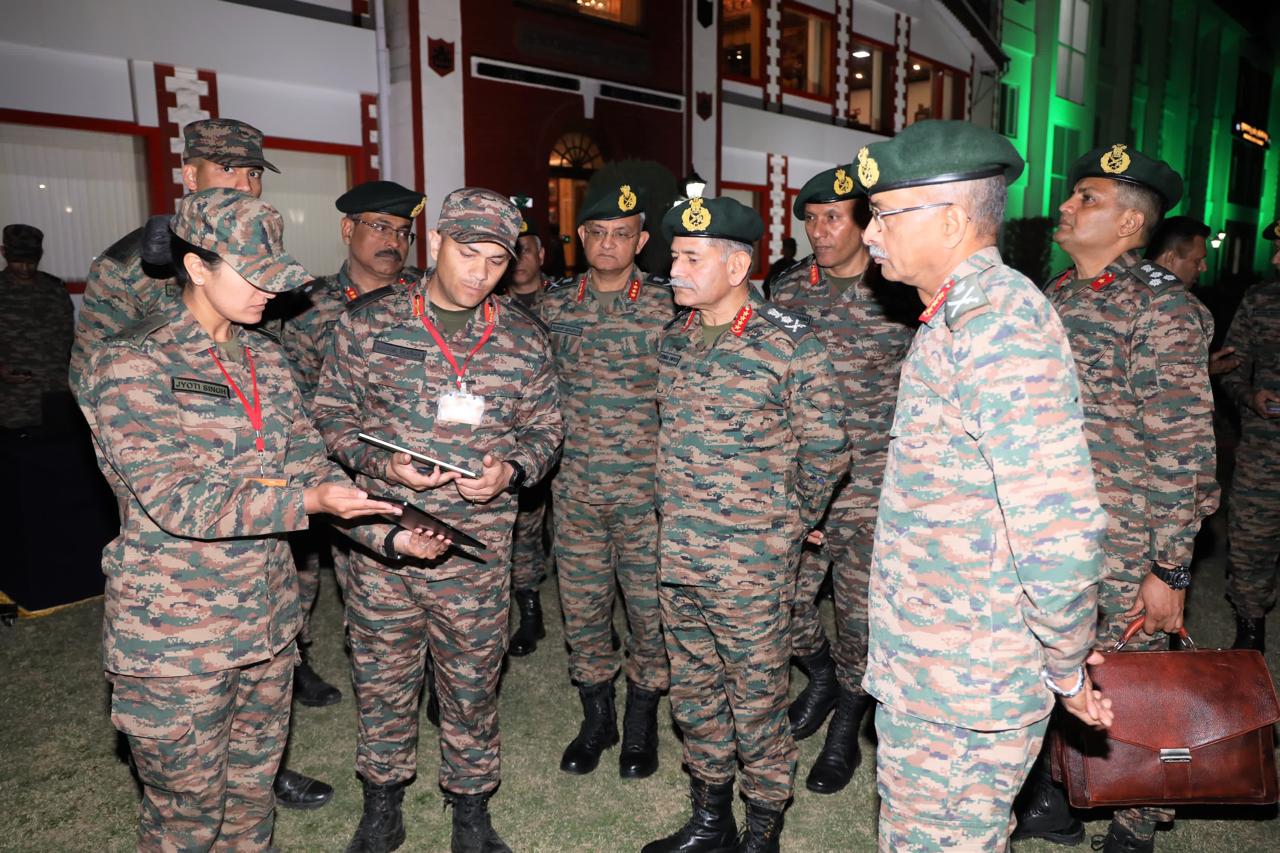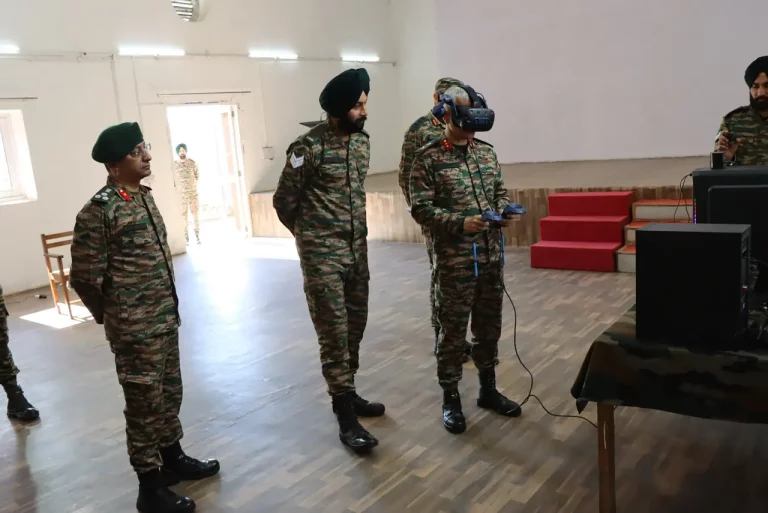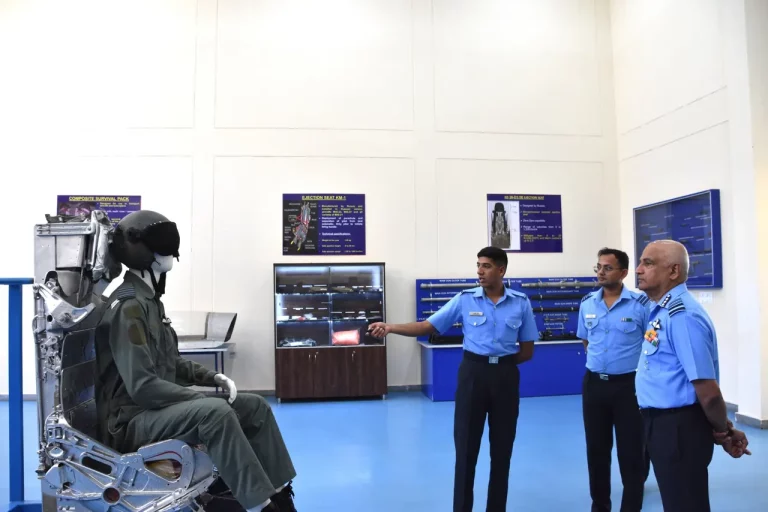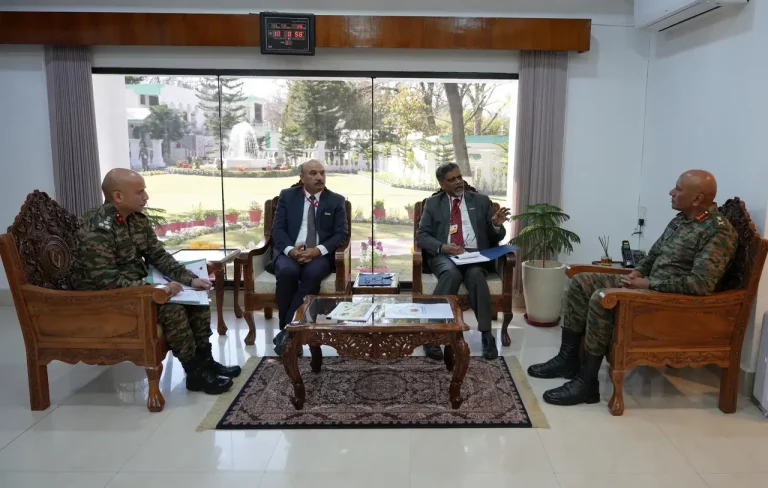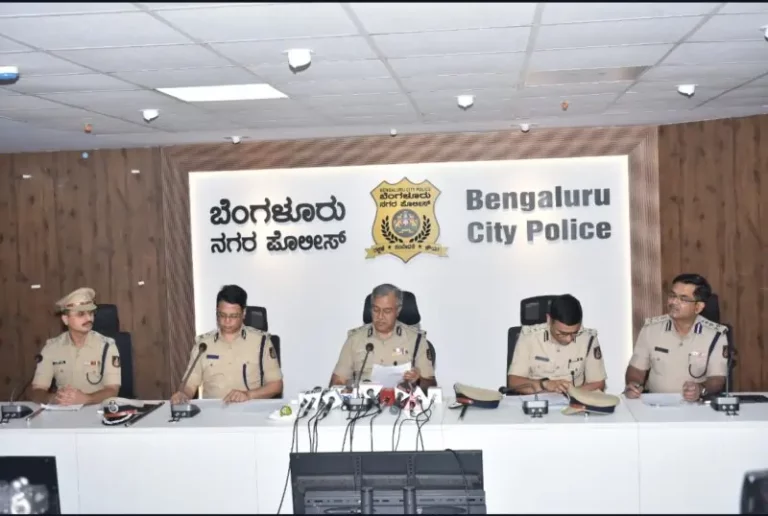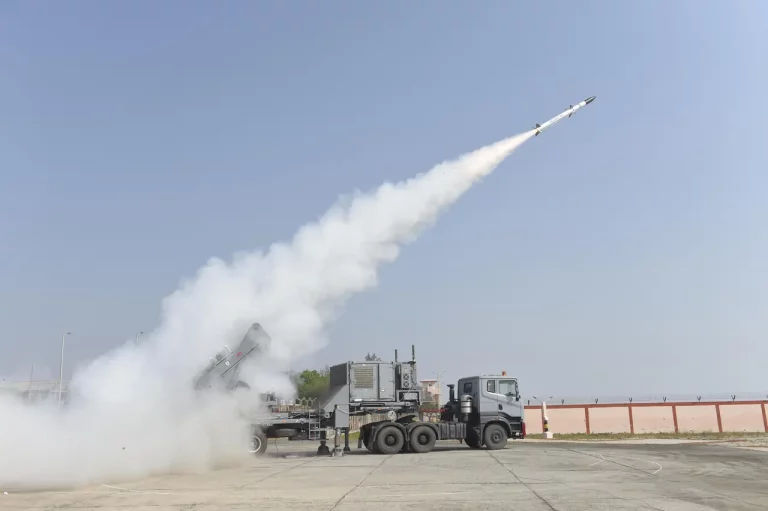General Upendra Dwivedi, the Chief of Army Staff (COAS) of the Indian Army, conducted a visit to Srinagar on Tuesday to evaluate the security dynamics and operational preparedness of forces in Jammu and Kashmir. This visit is particularly significant in light of the ongoing security challenges that define the region, known for its proximity to the Line of Control and the continual cross-border tensions that have been a focal point of concern for Indian defense establishments.
During his time in Srinagar, General Dwivedi engaged in comprehensive discussions with the General Officer Commanding of the Chinar Corps, which is also referred to as the XV Corps. This corps is tasked with overseeing military operations in the Kashmir Valley, and the briefing provided insights into the current security situation and strategic operational readiness amid a complex environment.
The conversations covered a broad spectrum of issues pertaining to the security landscape, emphasizing the necessity for maintaining elevated operational standards to effectively counter emerging threats. General Dwivedi took the opportunity to interact with formation commanders, offering commendations to all personnel for their steadfast dedication, operational preparedness, and professionalism while working within one of the most challenging terrains globally.
This visit highlights the Indian Army’s persistent endeavor to reinforce its strategic presence and capabilities in Jammu and Kashmir, aligning with its overarching modernization efforts. A focal point of this progress is the Army’s “Year of Tech Absorption” initiative, which commenced in 2023 and has been extended into 2025. This initiative seeks to integrate homegrown technological advancements to bolster operational efficiency and effectiveness.
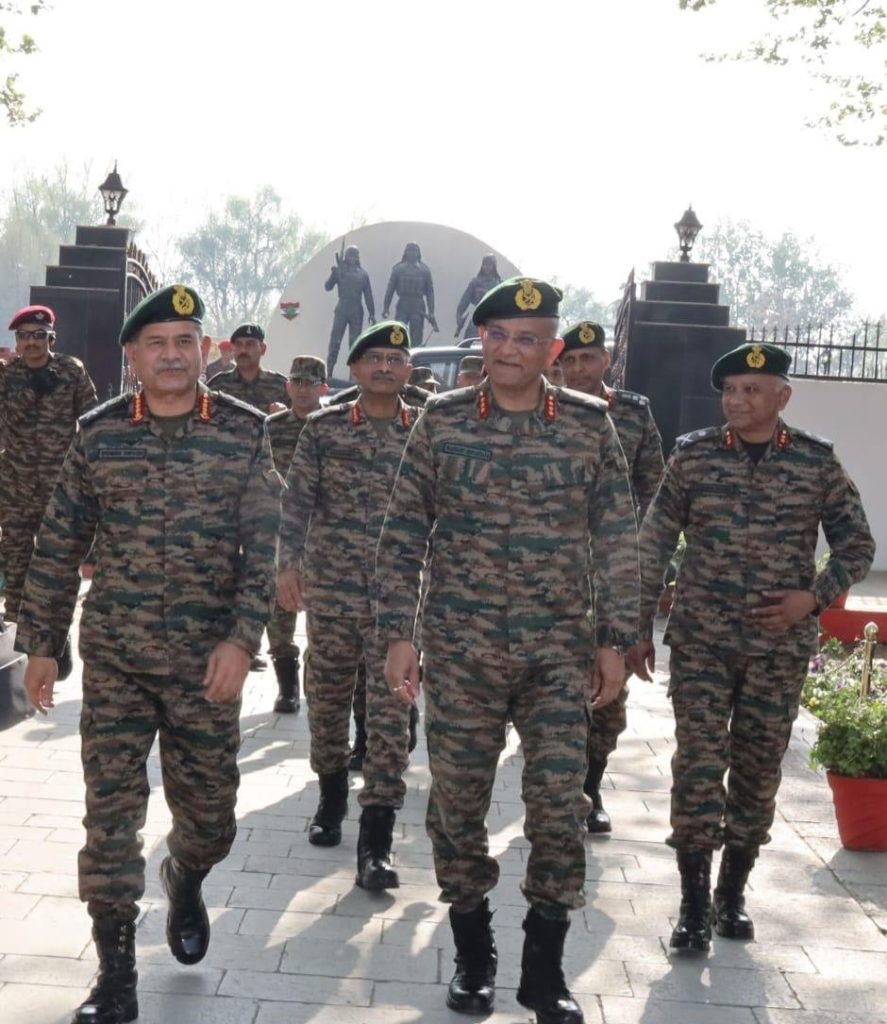
The technological initiative is part of a broader vision known as the “Decade of Transformation” (2023–2032), which aims to modernize India’s defense infrastructure and promote self-reliance under the Atmanirbhar Bharat campaign. The Army’s commitment to leveraging technology reflects its objective to enhance its operational capabilities in response to contemporary security demands.
General Dwivedi’s current visit is a continuation of his recent pledges towards enhancing jointness among the armed forces and adapting strategies to respond to modern warfare paradigms. This strategic focus is crucial for addressing the evolving security challenges in strategically vital locations, particularly in Jammu and Kashmir, where the complexities of conflict and the imperative for operational excellence are ever-present.
